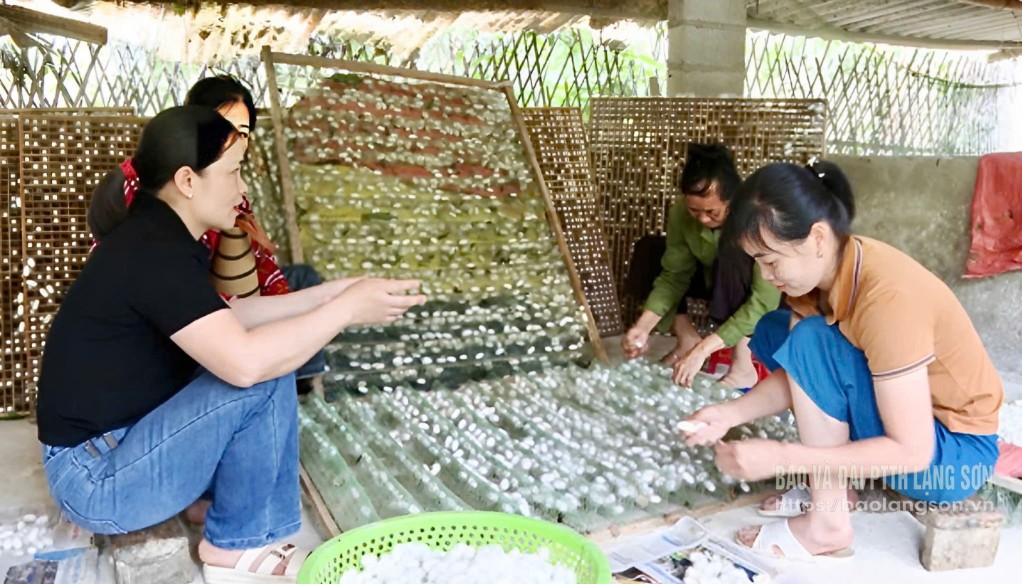
As a pioneer in developing the mulberry growing and silkworm raising model in the commune, Ms. Nong Thi Ly, Na Linh village, Quoc Viet commune said: In 2023, through the mass media, I learned about the mulberry growing and silkworm raising model and realized that this is a fairly simple model but quite effective. Therefore, I mobilized some other women in the commune to study together in Yen Bai province. After that, we returned to apply it locally. Currently, I am growing 6 sao of mulberry to raise silkworms. On average, I sell about 50 kg of silk each month, bringing in an income of 6 million VND/month.
Similar to Ms. Ly, Ms. Hoang Thuy Ngan, Na Linh village, Quoc Viet commune is also developing this new model. Ms. Ngan said: In 2023, encouraged by Ms. Ly, I participated in learning about the experience of growing mulberry and raising silkworms in Yen Bai province. After returning to my locality, I converted 3 sao of ineffective rice and corn land to grow about 3 sao of mulberry. I find that raising silkworms is quite simple, the life cycle of silkworms is very short, silkworms only eat for 9 days, and after about 5-7 days of cocooning, they can be collected for sale. In a year, I can raise silkworms for 8 months, raising 2 batches per month. Currently, on average, I collect about 20 kg of silk per batch and about 40 kg of silk per month. With a selling price of 120,000 VND/kg, I have an income of 4.8 million VND/month, 3 to 4 times higher than growing rice and corn. Realizing that the model is highly economically efficient and does not take much time or effort to implement, I have now expanded the mulberry growing area to 7 sao and plan to increase the number of silkworms raised to improve economic efficiency.
“Quoc Viet is the pioneer commune in developing the model of growing mulberry and raising silkworms in the district and this is also the commune with the largest number of silkworm raising households. With the initial effectiveness of the model, in the coming time, the department will coordinate with the authorities of the communes to encourage and mobilize people with suitable conditions to develop the model to increase production efficiency; at the same time, review the needs of households to research and organize training courses to transfer science and technology in growing mulberry and raising silkworms as well as advanced production processes for people to apply to the model, thereby further improving productivity, quality and product value." Mr. Chu Tuan Doanh, Head of the Department of Agriculture and Environment of Trang Dinh district |
Not only the two households above, many people in the commune have also proactively learned and developed the model of growing mulberry and raising silkworms. Accordingly, currently, the whole commune has about 30 households implementing the model, mainly concentrated in the villages: Na Linh, Na Dai... Notably, currently, all households have contracts to consume silk products with cooperatives to purchase, produce and process silk in provinces such as Yen Bai, Ha Giang... with selling prices ranging from 120,000 - 130,000 VND/kg (depending on the quality of silk). From developing the model, households have had an additional income of 3 to 6 million VND/month.
According to households, in order for silkworms to grow healthily, produce a lot of silk and achieve high economic efficiency, silkworm breeders need to have basic knowledge and care techniques. Accordingly, breeders need to pay attention to factors such as selecting breeds, providing food (mulberry leaves), maintaining suitable temperature, humidity and light... For example, mulberry leaves for silkworms to eat need to be nutritious, dark green, rich in sap, picked at the right age, well preserved; the temperature in the silkworm breeding environment is maintained at 25 to 30 degrees Celsius. In particular, during the silkworm breeding process, breeders need to regularly disinfect tools and silkworm breeding rooms to prevent pathogens on silkworms.
Mr. Chu Van Hop, Chairman of the People's Committee of Quoc Viet Commune, said: The model of growing mulberry and raising silkworms in the commune has initially brought economic efficiency to the people. In the coming time, the People's Committee of the commune will actively promote and encourage people to convert ineffective farming land to growing mulberry trees for raising silkworms. At the same time, the commune government will continue to create conditions for people to access preferential loans to develop and expand the model; proactively propose to specialized agencies to deploy training courses and transfer science and technology of growing mulberry and raising silkworms to the people.
It can be seen that, with the economic efficiency it brings, the model of growing mulberry and raising silkworms not only helps people have more income, improve their lives but also contributes to opening up a new economic development direction for people in Quoc Viet commune in particular and Trang Dinh district in general.
Source: https://baolangson.vn/quoc-viet-trien-vong-kinh-te-tu-mo-hinh-trong-dau-nuoi-tam-5047926.html


![[Photo] Vietnamese and Hungarian leaders attend the opening of the exhibition by photographer Bozoky Dezso](https://vphoto.vietnam.vn/thumb/1200x675/vietnam/resource/IMAGE/2025/5/28/b478be84f13042aebc74e077c4756e4b)

![[Photo] General Secretary To Lam works with the Central Policy and Strategy Committee](https://vphoto.vietnam.vn/thumb/1200x675/vietnam/resource/IMAGE/2025/5/28/7b31a656d8a148d4b7e7ca66463a6894)

![[Photo] Prime Minister Pham Minh Chinh receives a bipartisan delegation of US House of Representatives](https://vphoto.vietnam.vn/thumb/1200x675/vietnam/resource/IMAGE/2025/5/28/468e61546b664d3f98dc75f6a3c2c880)
![[Photo] 12th grade students say goodbye at the closing ceremony, preparing to embark on a new journey](https://vphoto.vietnam.vn/thumb/1200x675/vietnam/resource/IMAGE/2025/5/28/42ac3d300d214e7b8db4a03feeed3f6a)


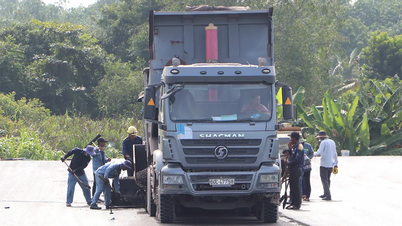



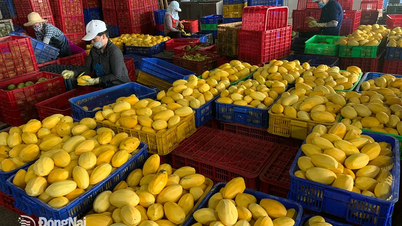








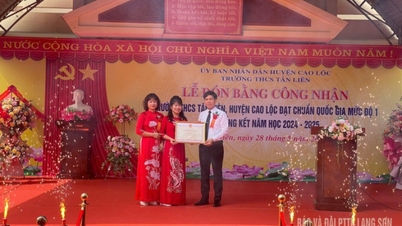
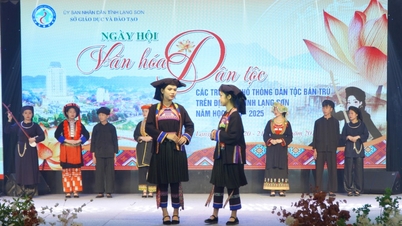
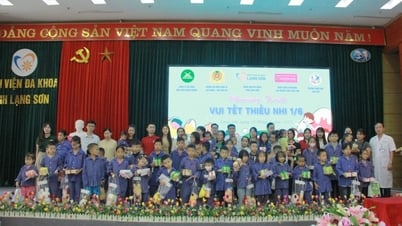
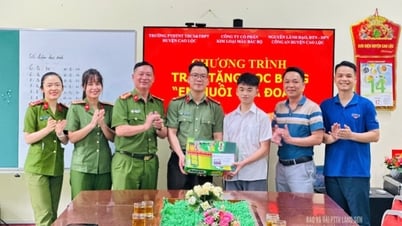









































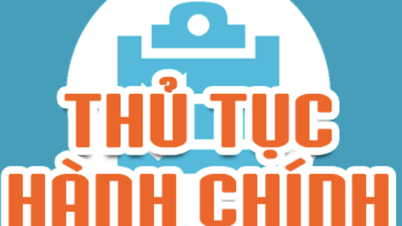









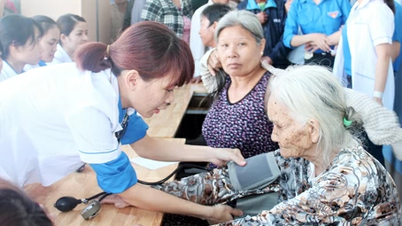







Comment (0)